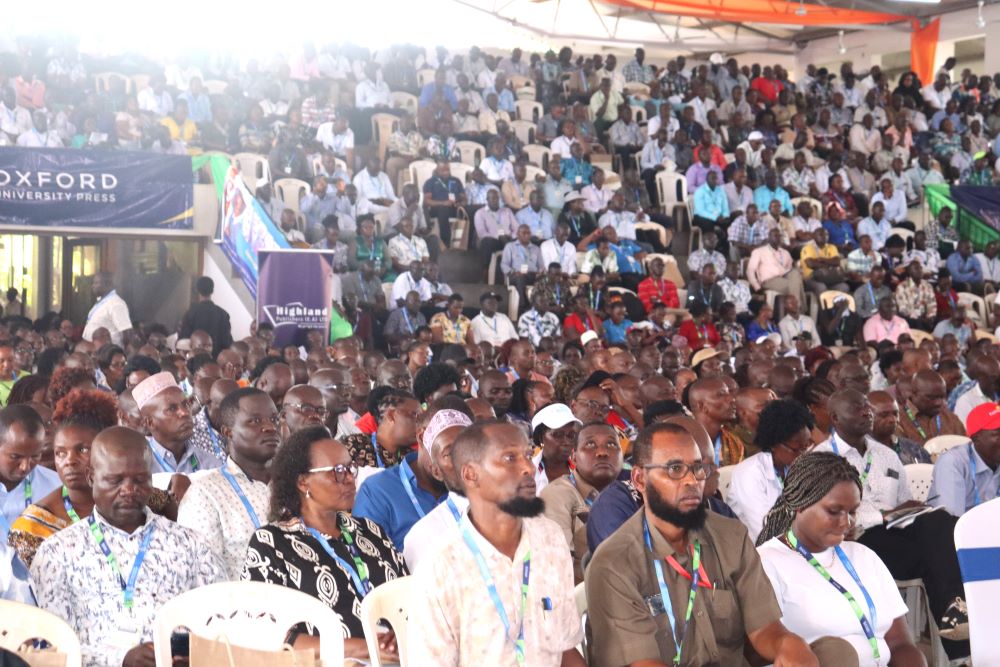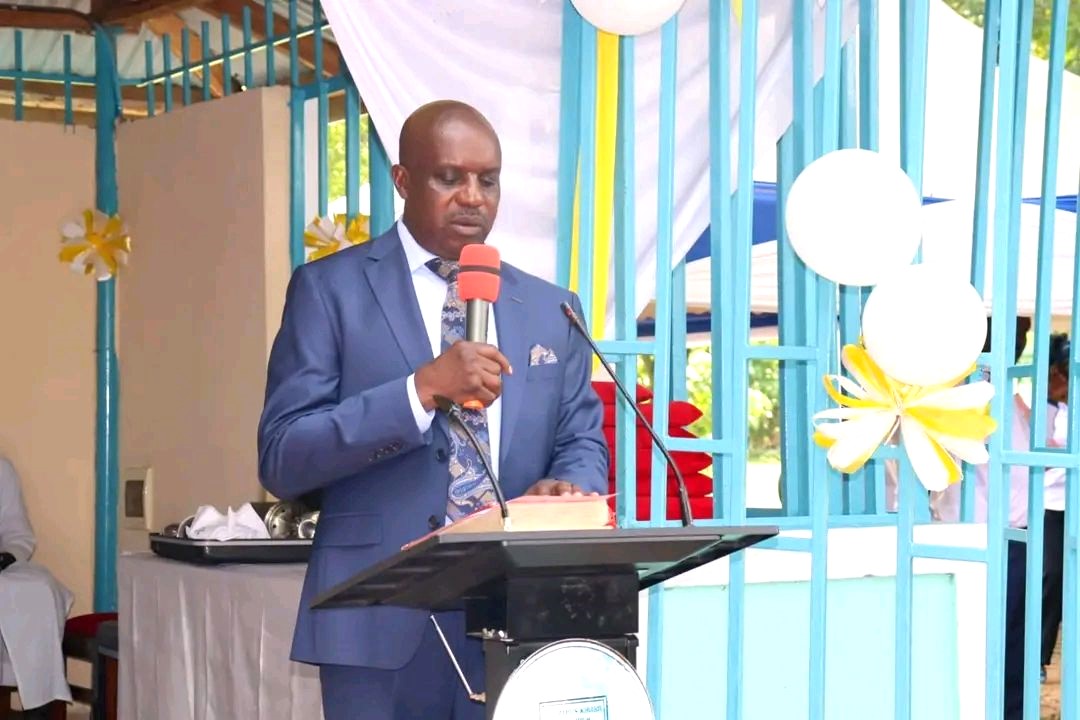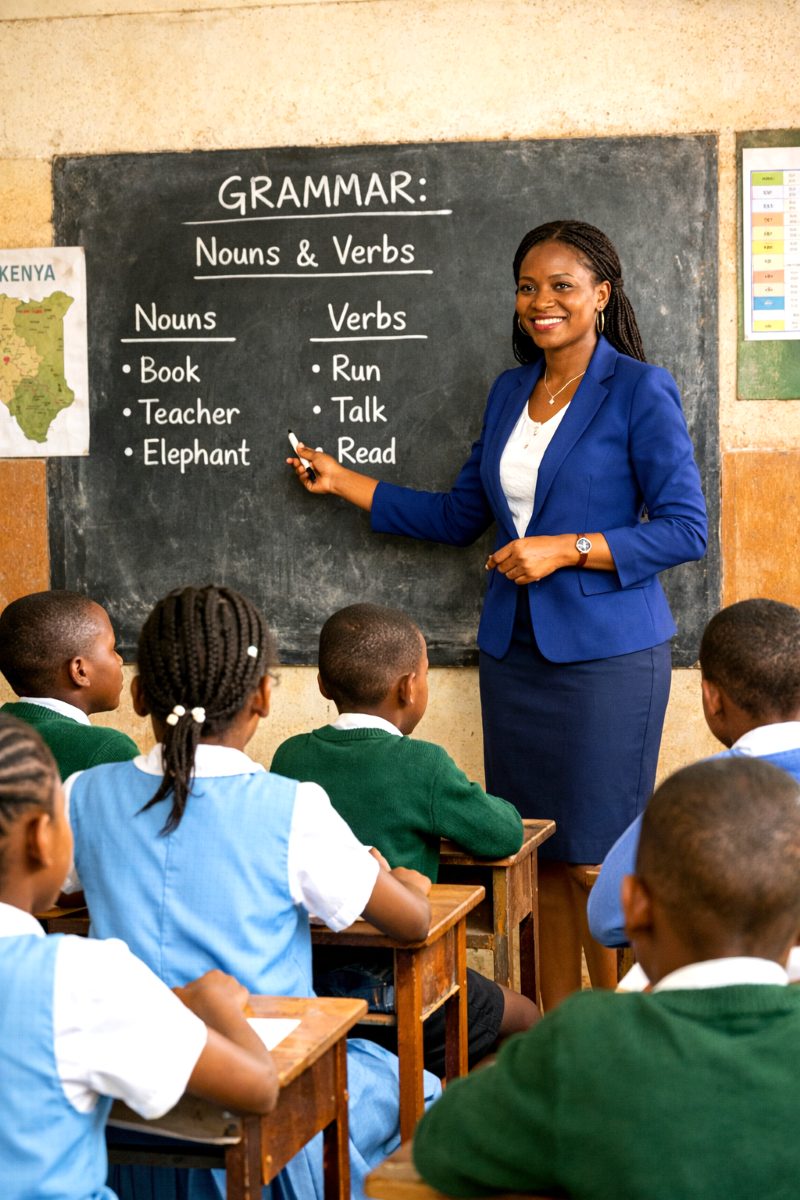Kenya stands at a pivotal moment — a nation brimming with youthful energy, talent, and potential, yet slowed down by hesitation, misplaced priorities, and half-measures. Our greatest challenge is not the absence of vision but the failure to match ambitious ideas with honest planning, deliberate execution, and long-term commitment. We announce bold reforms, celebrate policy launches, and speak passionately about transformation — yet we too often neglect the foundations that make these reforms work in reality. Few sectors expose this contradiction more clearly than education.
The Competency-Based Education (CBE) model was introduced as a revolutionary shift — a system designed to cultivate creativity, critical thinking, problem-solving, and practical skills in every learner. It was intended to move children beyond the chains of rote memorisation and prepare them for a rapidly changing world where innovation, adaptability, and real-world skills are paramount. The potential is transformative. Yet today, the CBE program is under strain, caught between ambitious policy and the limitations of our current system.
Schools across Kenya face severe resource challenges. Laboratories are rare, libraries are understocked, and digital tools remain limited to a privileged few. Even the most committed teachers are forced to improvise in classrooms that lack the basics for effective learning. While their dedication is admirable, it cannot replace proper facilities, well-structured curricula, and consistent professional development. The risk is that learners, rather than benefiting from CBE, are left in a limbo where expectations are high but support is minimal.
Primary school headteachers are the backbone of our education system. They are the absolute managers of all school systems, coordinating teaching, administration, resources, and learner welfare. Their leadership is critical to the success of any educational program, including CBE. Yet, absolute authority must not be mistaken for unilateral decision-making. Headteachers need to listen to dissent — the constructive voices of teachers, staff, and even learners themselves. Ignoring legitimate concerns risks inefficiency, confusion, and the failure of programs designed to benefit children. Leadership grows stronger when it incorporates diverse perspectives, when experience meets insight, and when authority is tempered with humility.
The introduction of Junior Secondary Schools (JSS) has added another layer of complexity. Headteachers who were trained to manage primary schools now find themselves overseeing programs that require coordination with teachers who bring different training, subject expertise, and expectations. Some JSS teachers are specialists with knowledge in mathematics, science, or English literature. Others are still adjusting to the practical demands of a system that continues to evolve. The tension between these groups is understandable but must be managed carefully. The goal is not to create winners and losers, but to design a collaborative system in which both sets of teachers complement each other and focus on what truly matters: the learner.
READ ALSO:
Kitutu Masaba TVC Principal urges parents to enroll children in technical colleges
It is therefore crucial to adopt a middle line approach. JSS teachers should not be dismissed, and their subject knowledge must be leveraged for the benefit of learners. At the same time, primary school headteachers bring invaluable experience in leadership, classroom management, and the holistic oversight of school operations. When these strengths are combined under clear guidelines, mutual respect, and shared accountability, CBE has a real chance of succeeding. Such collaboration is not theoretical; it is practical, achievable, and necessary if Kenya is serious about education reform.
However, it is critical to remember that JSS management is shared. The two key actors — the headteachers and JSS teachers — are both responsible for successfully implementing the program. It would be unfair to listen exclusively to headteachers while overlooking the plight of their teachers. After all, it is the teacher who delivers the lesson, navigates classroom challenges, and directly experiences the hurdles that affect learning outcomes. In other words, the teacher is the one who truly “wears the shoe” and knows where it pinches. Ignoring their concerns risks designing policies and directives that look good on paper but fail in practice.
This brings us to the importance of the KEPSHA conference. The Kenya Primary School Headteachers Association is more than a professional body — it is the critical platform where decisions that will shape the future of primary and junior secondary education are debated and decided. Honest engagement here is not optional; it is a moral and professional obligation. The outcomes of this conference will either strengthen CBE, setting Kenya on a path to genuine educational transformation, or exacerbate inefficiencies and confusion, undermining years of reform efforts.
History will judge the decisions made at this conference. Generations of learners are waiting for a system that works, for schools that provide more than basic literacy, and for teachers equipped to guide them through a demanding curriculum. The conference is not just another meeting; it is a turning point. It is the arena where policies must be scrutinised, roles clarified, and resources directed to what truly matters — the learners in classrooms across the nation.
We must also confront the inefficiencies that have become visible in the current rollout of CBE. These include a lack of facilities, inadequate teacher training, unclear management roles, and confusion over fund allocation. While these challenges are serious, they are not insurmountable. The key is to act decisively and collaboratively. The inefficiencies we witness now will reverberate if not corrected soon. They will manifest as underprepared learners, frustrated teachers, and a generation struggling to meet the demands of a curriculum that promised more than the system could deliver. Kenya cannot afford to allow this to happen.
Let us also be clear: implementing a reform as meaningful as CBE requires more than cheap rhetoric or shortcuts. Education is not a political tool or a public relations exercise; it is a long-term national investment. The temptation to cut corners, to announce policies without ensuring readiness, or to prioritise appearances over substance must be resisted. Real reform requires resources, training, infrastructure, monitoring, and — above all — patience. Short-term thinking may create applause today, but it will create regret tomorrow.
Financial resources must serve the purpose for which they are intended: improving learning outcomes. Money should not be the defining factor in determining who manages particular funds or who has authority over a program. When financial disputes take precedence over learner needs, the system suffers. Every shilling allocated to education should be reflected in classrooms, laboratories, libraries, teacher training, and tangible improvements in learner experiences. Every mismanaged resource is a stolen opportunity for a child who deserves better.
Accountability is crucial. Headteachers and JSS teachers alike must work under clearly defined roles, responsibilities, and expectations. There must be transparency in resource management and openness in decision-making. When teachers and administrators collaborate rather than compete, when experience and expertise are balanced, the CBE program has every chance to succeed.
It is also critical to recognise the human element. Teachers, whether in primary schools or JSS, are not machines; they are professionals who need support, mentorship, and acknowledgement. They must be heard, guided, and equipped. Ignoring their concerns or sidelining their expertise weakens the program and reduces the quality of education delivered. Constructive dissent is not opposition; it is a form of engagement that strengthens leadership and improves outcomes. A headteacher who listens, who mediates disputes fairly, and who fosters a culture of respect and collaboration will consistently achieve more than one who rules through authority alone.
Similarly, JSS teachers must be empowered to contribute fully to the curriculum without feeling undermined or isolated. Their subject knowledge is invaluable, particularly in STEM areas and literature analysis. A balanced approach ensures that learners benefit from specialised expertise while still enjoying the holistic oversight provided by primary-trained headteachers. When both sides collaborate, the result is a win-win: improved teaching quality, better-managed schools, and a stronger education system.
The KEPSHA conference is therefore a historic opportunity. It is the platform for defining policies, clarifying roles, and committing to action. It is the forum where the future of CBE will be decided. The decisions made here will reverberate for years, shaping the educational experiences of millions of Kenyan children. Leaders who embrace honesty, collaboration, and practical solutions will be remembered positively; those who allow ego, rivalry, or shortsightedness to dominate will be judged harshly by history.
Let us also acknowledge that the CBE program is ambitious. It requires not just teachers and headteachers, but also the support of the Ministry of Education, policymakers, parents, and the wider community. Each stakeholder has a role to play in ensuring that learners receive the education they deserve. Cooperation, clarity, and accountability are essential. A fragmented approach, where authorities compete for control, resources, or recognition, will only derail progress.
Education is the bedrock of the nation’s future. Every decision made today, every policy clarified or ignored, every shilling spent wisely or mismanaged, will shape Kenya’s tomorrow. The KEPSHA conference is more than a meeting; it is a national responsibility. We are at a crossroads, and the direction we choose will determine whether the Competency-Based Education model becomes the success story it was meant to be or a cautionary tale of ambition undone by poor planning and lack of collaboration.
The responsibility lies squarely on the shoulders of those present. Headteachers, while the absolute managers of school systems, must practice inclusive leadership. They must listen to dissenting voices, consider alternative perspectives, and embrace solutions that prioritise the learner’s needs. JSS teachers, for their part, must bring their expertise to bear while respecting the leadership and oversight of school heads. Together, through collaboration, patience, and commitment, they can save the CBE program from collapse and deliver the transformative education Kenya aspires to provide.
Finally, let us remember that this is about learners, not politics, ego, or money. Competency-Based Education exists to equip young Kenyans with the skills, knowledge, and confidence to succeed in life. Every policy, every discussion, and every decision must serve that purpose. Kenya cannot afford shortcuts, complacency, or half-hearted measures. The decisions made now at the KEPSHA conference will either make or break CBE — and history will judge us harshly if we fail.
The future of Kenya’s children —and, indeed, the nation itself —depends on the wisdom, courage, and honesty of today’s leaders. If we act with clarity, integrity, and collaboration, we can build a system where teachers are empowered, learners are supported, and education truly transforms lives. Let this conference mark that moment — when rhetoric gives way to action, ego gives way to responsibility, and conflict gives way to collaboration.
The time for shortcuts is over. The time for vision without preparation has passed. Kenya must now act decisively, wisely, and seriously. Competency-Based Education can still succeed, but only if the right decisions are made, the right structures are put in place, and all stakeholders are committed to the same goal: giving every Kenyan child the education they deserve.
By Hillary Muhalya
You can also follow our social media pages on Twitter: Education News KE and Facebook: Education News Newspaper for timely updates.
>>> Click here to stay up-to-date with trending regional stories
>>> Click here to read more informed opinions on the country’s education landscape
>>> Click here to stay ahead with the latest national news.






